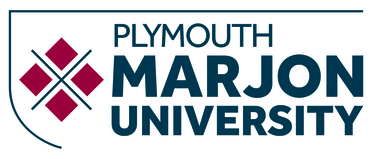Managing Heat and Immune Stress in Athletes with Evidence-Based Strategies
Pyne, David B., Guy, Joshua H. and Edwards, Andrew M. (2014) Managing Heat and Immune Stress in Athletes with Evidence-Based Strategies. International Journal of Sports Physiology and Performance, 9 (5). pp. 744-750. ISSN 1555-0265
Full text not available from this repository. (Request a copy)Abstract
Heat and immune stress can affect athletes in a wide range of sports and environmental conditions. The classical thermoregulatory model of heat stress has been well characterized, as has a wide range of practical strategies largely centered on cooling and heat-acclimation training. In the last decade evidence has emerged of an inflammatory pathway that can also contribute to heat stress. Studies are now addressing the complex and dynamic interplay between hyperthermia, the coagulation cascade, and a systemic inflammatory response occurring after transient damage to the gastrointestinal tract. Damage to the intestinal mucosal membrane increases permeability, resulting in leakage of endotoxins into the circulation. Practical strategies that target both thermoregulatory and inflammatory causes of heat stress include precooling; short-term heat-acclimation training; nutritional countermeasures including hydration, energy replacement, and probiotic supplementation; pacing strategies during events; and postevent cooling measures. Cooperation between international, national, and local sporting organizations is required to ensure that heat-management policies and strategies are implemented effectively to promote athletes’ well-being and performance.
| Item Type: | Article |
|---|---|
| Keywords: | immune function, athlete, practical strategies |
| Divisions: | ?? UniversityCollegePlymouthMarkJohn ?? |
| Depositing User: | Users 134 not found. |
| Date Deposited: | 24 Feb 2017 21:02 |
| Last Modified: | 14 Feb 2020 15:30 |
| URI: | https://marjon.repository.guildhe.ac.uk/id/eprint/15406 |
Actions (login required)
 |
Edit Item |

